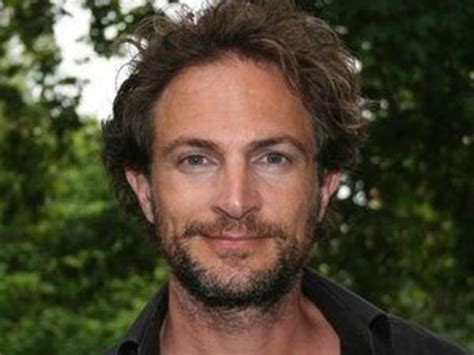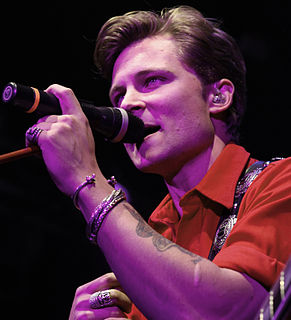A Quote by Robert Creeley
The awful thing, as a kid reading, was that you came to the end of the story, and that was it. I mean, it would be heartbreaking that there was no more of it.
Related Quotes
If I'm writing a story and you're reading it, or vice versa, you took time out of your day to pick up my book. I think the one thing that will kill that relationship is if you feel me condescending to you in the process. And how does that happen? Well, it happens when I know more than you do, and when I know that I know more than you do, and I'm holding it back from you. So that I can then manipulate you at the end. You know, you think about like in a dating situation how terrible that would be, it's the same thing with a book.
For people who are coming out of an oral tradition, it is very exciting to get into reading and writing and it is quite interesting how frequently people want to write their own story. Sometimes it is straight history - this is how we came about, how our town was created, a lot of that kind of effort, as soon as literacy came. The first thing you wanted to do was to put something down about who you are or how you are related to you neighbors. Then the next stage would be the stories, the cultural part of the story: this is the kind of world our ancestors made or aspired to.
I remember when TiVO first came out I was all about TiVo. I came home and that thing was frozen, and I thought 'This is awful. This is the end of the world'. Then I unplugged it, and I plugged it back in, and still frozen. It was paralyzing. I called them. They said, 'Just unplug it longer.' Fixed. But it also taught me I'm an addict.
What I’m talking about is more than recompense for past injustices—more than a handout, a payoff, hush money, or a reluctant bribe. What I’m talking about is a national reckoning that would lead to spiritual renewal. Reparations would mean the end of scarfing hot dogs on the Fourth of July while denying the facts of our heritage. Reparations would mean the end of yelling “patriotism” while waving a Confederate flag. Reparations would mean a revolution of the American consciousness, a reconciling of our self-image as the great democratizer with the facts of our history.
And if I really can see the future, then what does it mean? Is there any sense in our lives if everything is already out there, just waiting to happen? For if that were so, then life would be a horrible monster indeed, with no chance of escape from fate, from destiny. It would be like reading a book, but reading it backwards, from the final chapter down to chapter one, so that the end is already known to you.
For me I was always a smart nerdy kid. I wasn't the smartest and I wasn't the nerdiest, but I was a smart nerdy kid my whole childhood, and I definitely wanted to be somehow involved with reading the rest of my life, and I came from a community, I lived in a community, I was part of a community where reading was considered completely alien.
Philip Galanes makes his debut with a novel that is both heartbreaking and deftly comic, the story of a young man struggling with his most primitive desires--wanting and needing. It is a novel about the complex relationships between parents and children, a story of loss and of our unrelenting need for acknowledgment, to be seen as who we are. And in the end it is simply a love story for our time.
I mean, Dad was one of these people who simply could not lose, you know? He could not stand it when a kid was beating him. He would go crazy when the child came to that moment, which, you know, you have to come to - I mean, Dad played Old Maids like he played football. He just simply had to win every single thing every single time.







































